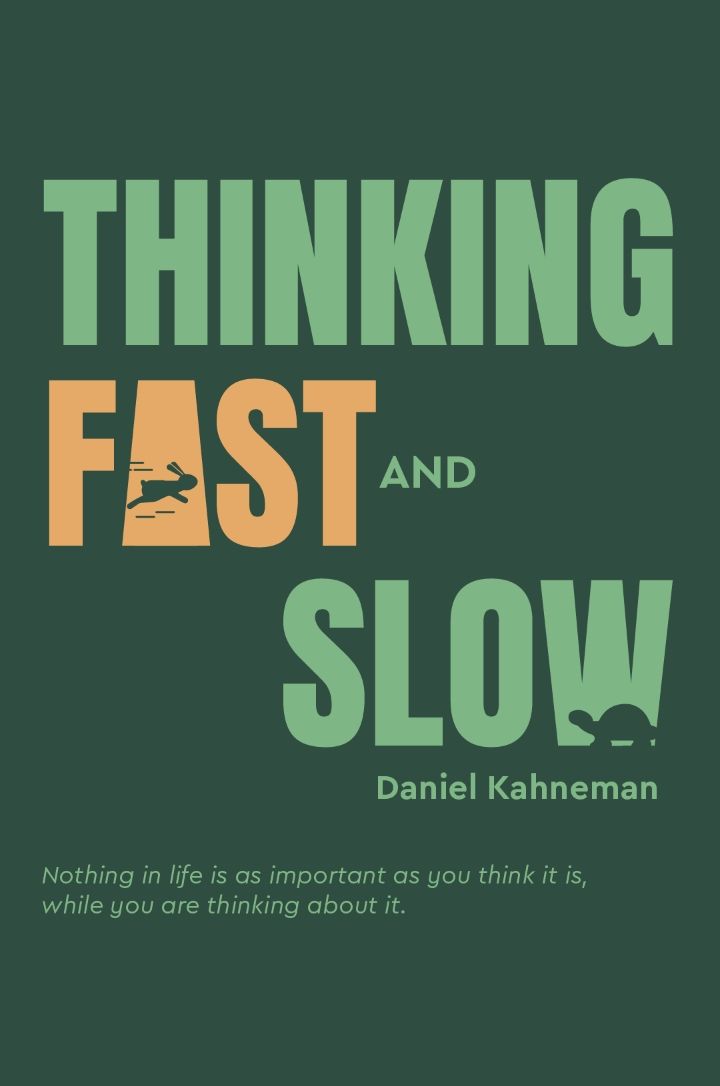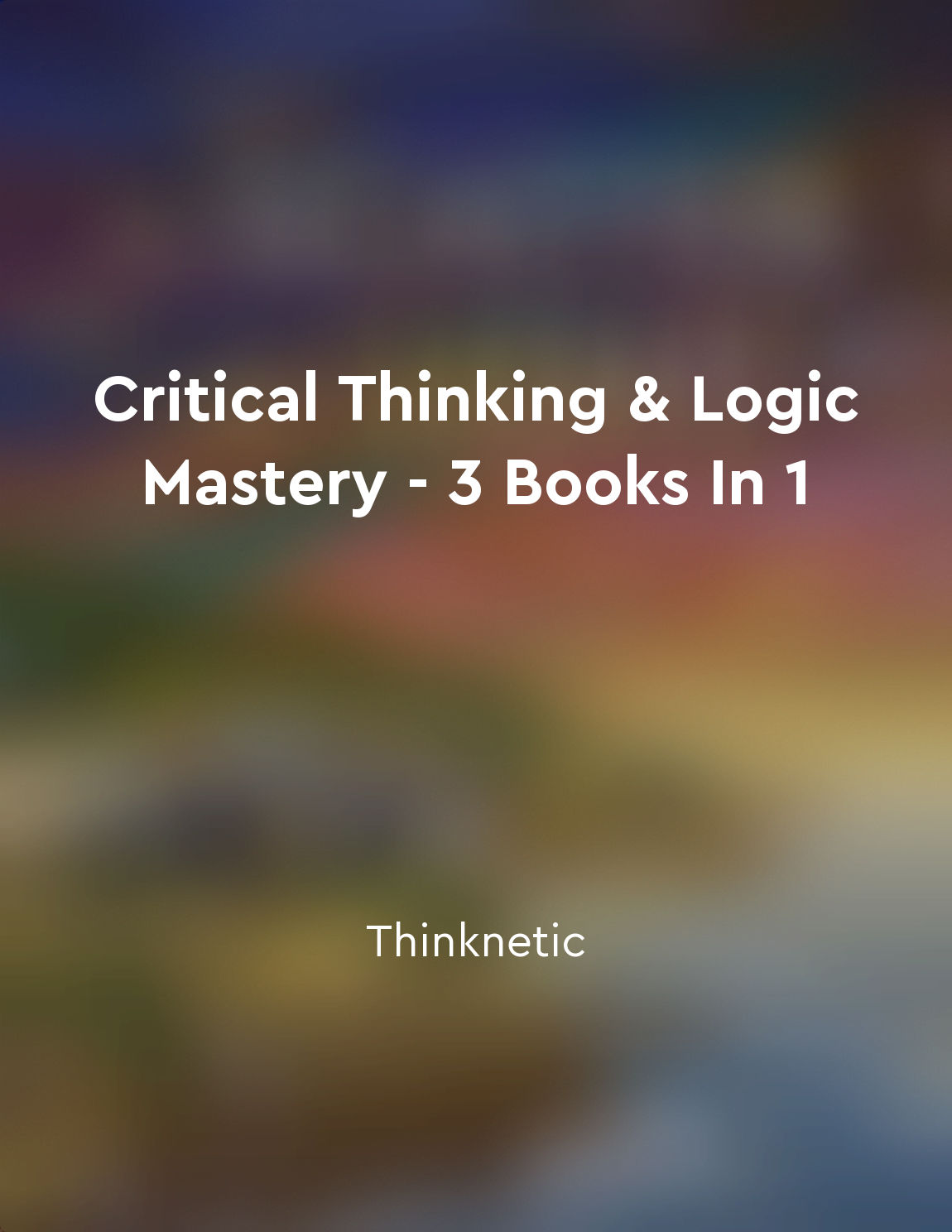Theory of Causality from "summary" of The Problems of Philosophy by Bertrand Russell
The theory of causality is one of the most fundamental concepts in philosophy, as it deals with the relationship between cause and effect. According to this theory, every event has a cause, and every cause has an effect. This principle seems self-evident to most people, as we observe cause and effect relationships in our everyday lives. For example, we understand that the sun rising causes daylight, or that pressing a button causes a light to turn on. In the realm of philosophy, however, the theory of causality has been subject to much debate and scrutiny. Philosophers throughout history have questioned the validity of this principl...Similar Posts
Time is a source of wonder and mystery
Time is a source of wonder and mystery. We are surrounded by it, and yet it remains elusive. We experience time as the ticking ...
Emotions play a significant role in human behavior
Emotions are the driving force behind human behavior, influencing our thoughts, actions, and decisions in profound ways. It is ...
Avoiding cognitive biases
It is important to be aware of cognitive biases when engaging in logical thinking. Cognitive biases are systematic patterns of ...

Harnessing the strengths of System 1 and System 2 is essential
In order to make effective decisions, it is crucial to understand the strengths and limitations of both System 1 and System 2. ...

Engaging in logical debates can sharpen critical thinking skills
Engaging in logical debates is a powerful way to enhance critical thinking skills. When individuals participate in debates, the...
Generalizations are based on specific instances
When we make generalizations about the world around us, we are essentially drawing conclusions based on the specific instances ...
Understanding time is essential for understanding our place in the cosmos
To truly grasp our significance in the vastness of the universe, we must first come to terms with the concept of time. Time is ...
Rationality is limited by human imperfections
It is undeniable that human beings possess a certain degree of rationality. We are capable of making logical deductions, drawin...
History helps us make sense of the world around us
In understanding the concept of history, it is essential to recognize its fundamental role in helping us comprehend the world i...
